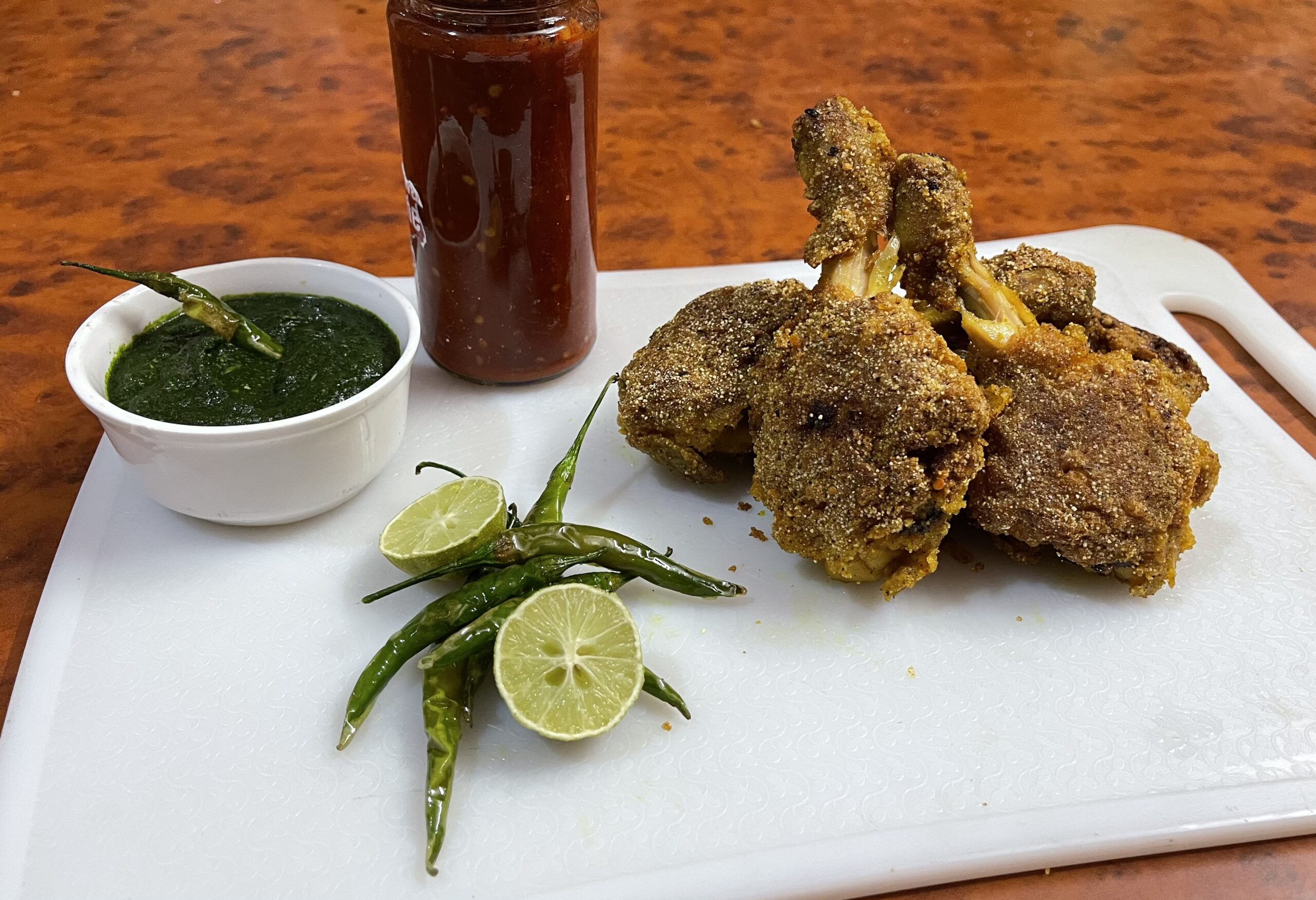What is the Healthiest Way to Eat Chicken – Chicken is a popular and versatile protein source consumed by people around the world. Its mild taste and ability to take on various flavors make it a staple in countless dishes. However, with so many ways to prepare chicken, what is the healthiest way to enjoy it without compromising its nutritional value? In this article, we will explore the healthiest methods of cooking chicken, the benefits of organic and free-range options, and essential tips for optimizing its nutritional value in your meals..
What is the Healthiest Way to Eat Chicken?
Understanding Chicken Nutrition
Before delving into the healthiest ways to eat chicken, let’s first understand its nutritional profile. Chicken is an excellent source of protein, which is vital for building and repairing tissues, supporting the immune system, and maintaining healthy skin and hair. Additionally, it provides essential nutrients like vitamins B6, B12, and D, as well as minerals such as iron, zinc, and selenium.
Protein
Protein is the foundation of any healthy diet, and chicken offers a lean and protein-rich option. Consuming adequate protein can help with weight management, as it promotes a feeling of fullness and supports muscle mass.
Fat
While chicken is relatively low in fat compared to other meats, it does contain some saturated fat. To keep it healthy, opt for skinless chicken breasts or remove the skin before cooking.
Vitamins and Minerals
Chicken provides essential vitamins and minerals necessary for overall health. Vitamin B6 aids in metabolism and nerve function, while vitamin B12 is crucial for red blood cell production. Additionally, the iron content in chicken supports oxygen transport in the body, and zinc contributes to a strong immune system.
Cooking Methods
To preserve the nutritional content of chicken, it’s essential to choose the right cooking methods. Grilling, baking, and steaming are healthier alternatives to deep-frying, as they require little or no added fats.
Healthy Chicken Recipes
Incorporating chicken into nutritious and delicious recipes can be a delightful experience. Here are three healthy chicken recipes to inspire your culinary journey:
1. Grilled Chicken Breast with Mixed Vegetables
Grilled chicken breast is a classic healthy option. Pair it with a colorful medley of roasted vegetables to create a well-rounded and flavorful meal.
2. Baked Lemon Herb Chicken
Marinate chicken with a blend of lemon juice, herbs, and spices, then bake it to perfection. This dish bursts with tangy and savory flavors without the need for excessive oil or butter.
3. Chicken and Avocado Salad
For a refreshing and nutrient-packed meal, combine grilled chicken with fresh greens, avocado, and a light vinaigrette dressing.
Organic and Free-Range Chicken
In recent years, the popularity of organic and free-range chicken has grown significantly. These alternatives offer potential health benefits and contribute to animal welfare and sustainable farming practices.
Benefits and Differences
Organic chicken is raised without the use of antibiotics or synthetic hormones, and the birds are given organic feed. Free-range chicken, on the other hand, has access to the outdoors, allowing them to engage in natural behaviors. Both options are considered to have higher nutritional value compared to conventionally raised chicken.
Health Risks of Eating Chicken
While chicken is generally considered a healthy choice, there are some risks associated with its consumption.
Contamination and Foodborne Illnesses
Improper handling and undercooked chicken can lead to foodborne illnesses caused by bacteria like Salmonella and Campylobacter. It is crucial to handle and cook chicken properly to reduce these risks.
Antibiotics and Hormones
Conventionally raised chickens may be given antibiotics and hormones to promote growth and prevent diseases. Consuming such chicken can potentially expose consumers to these substances, although the levels are regulated by authorities.
Chicken Preparation Tips for Optimal Health
To make the most of your chicken dishes, consider the following preparation tips:
Avoiding Excessive Frying
Limit the use of frying as a cooking method to avoid excess oil and unhealthy fats. Instead, opt for healthier alternatives like grilling or baking.
Trimming Excess Fat
Before cooking, remove visible fat from chicken cuts to reduce saturated fat content.
Marinating for Flavor and Tenderness
Marinating chicken not only enhances its taste but also improves its tenderness. Use herbs, spices, and citrus juices for added flavor without the need for excessive salt or unhealthy sauces.
Combining Chicken with Balanced Meals
To create balanced and nutritious meals, pair chicken with complementary foods:
Pairing with Whole Grains
Combine chicken with whole grains like quinoa, brown rice, or whole-wheat pasta to add fiber and complex carbohydrates to your diet.
Incorporating a Variety of Vegetables
Make your meals colorful and nutritious by adding a variety of vegetables. These provide essential vitamins, minerals, and antioxidants.
Conclusion
Chicken is an excellent protein source that can be part of a healthy and balanced diet when prepared and consumed mindfully. Opt for healthier cooking methods like grilling or baking, and experiment with flavorful marinades to enhance taste without compromising nutrition. Choose organic or free-range chicken for potential additional health benefits and consider the risks associated with conventionally raised chicken. By following these guidelines, you can enjoy the healthiest and most delicious chicken dishes while maintaining your well-being.
FAQs
1. Is chicken a good source of protein?
Yes, chicken is a great source of lean protein, making it an ideal choice for those looking to increase their protein intake.
2. How can I avoid foodborne illnesses from chicken?
To avoid foodborne illnesses, ensure that chicken is cooked thoroughly, and practice proper food handling and sanitation.
3. Are organic and free-range chickens more nutritious?
Organic and free-range chickens are considered to have higher nutritional value compared to conventionally raised chickens.
4. Can I include chicken in a weight loss diet?
Yes, chicken can be a part of a weight loss diet due to its high protein content and relatively low fat content when prepared without the skin.
5. What are some healthy chicken marinades I can use?
You can use a blend of lemon juice, herbs, spices, yogurt, or olive oil-based marinades for a healthier option.




